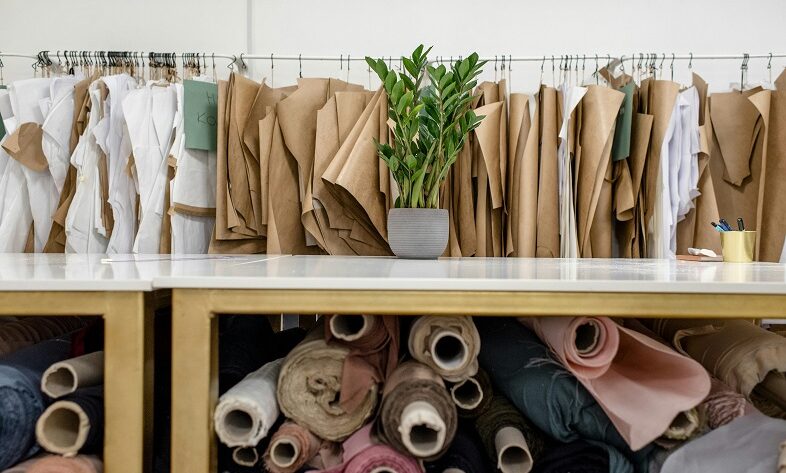By Sujata Muguda Shreyas WebMedia Solutions
4/4/2024: The fashion sector, which was once well-known for its impact on the environment, is currently experiencing a significant shift. As 2024 approaches, there has been a noticeable shift towards sustainability, as eco-friendly products and methods are becoming more and more common. This shift represents a significant advance in the fundamental structure of fashion rather than merely a fad.
Sustainable Materials: The New Vogue
The use of sustainable materials is at the forefront of this green revolution. Brands are turning to organic cotton, bamboo, recycled fabrics, and other eco-friendly alternatives that offer a reduced environmental impact. These materials are not only kinder to the planet but also provide new textures and aesthetics for designers to explore. The innovation doesn’t stop there; fabrics made from unconventional sources like apples and pineapples are also making their way into our wardrobes, showcasing the industry’s creativity and commitment to sustainability.
Supply Chain Transparency: A Clearer Vision
Transparency in the supply chain has become a crucial aspect of sustainable fashion. Consumers are increasingly demanding to know where their clothes come from and under what conditions they are made. In response, brands are providing detailed insights into the sourcing of materials and the manufacturing processes, ensuring that ethical practices are upheld throughout the production journey.
Circular Fashion: A Sustainable Cycle
The concept of circular fashion is gaining traction, focusing on the lifecycle of a garment from design to disposal. This approach promotes the reuse, recycling, and repurposing of clothing, aiming to extend its lifespan and minimize waste. Innovative business models such as clothing rentals, swaps, and second-hand markets are supporting this sustainable ecosystem, contributing to a more circular economy in fashion.
Slow Fashion: Quality Over Quantity
Slow fashion is advocating for a shift in consumer behavior, urging individuals to invest in timeless pieces rather than ephemeral trends. This mindset not only fosters sustainable fashion choices but also encourages a more personal and meaningful relationship with our clothes. In 2024, slow fashion is gaining momentum, challenging the traditional fast fashion model and promoting a more thoughtful approach to consumption.
The Path Ahead
The rise of eco-friendly materials and practices in the fashion industry is a testament to the sector’s adaptability and resilience. It reflects a growing consciousness among consumers and brands alike about the environmental impact of fashion. As we move forward, it is clear that sustainable fashion is not just about making eco-friendly choices; it’s about reimagining the entire fashion landscape for a better future.
The fashion industry’s embrace of eco-friendly materials and practices is a hopeful sign that we can make a difference. By supporting sustainable brands and making conscious choices, we can all contribute to a greener, more ethical fashion world. The journey toward sustainability is long, but with each step, we move closer to a fashion industry that respects both people and the planet.

